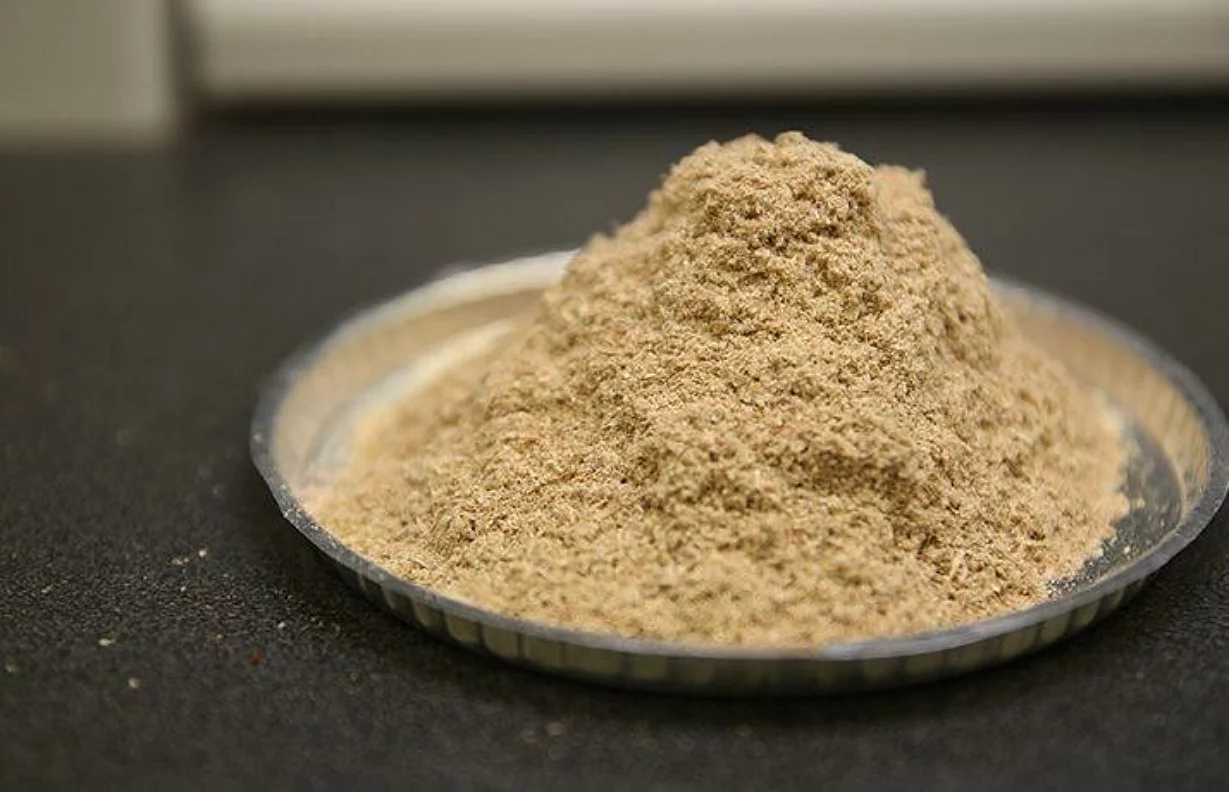
Combustible Dust Safety
Assess your risk and optimize mitigation strategies to prevent combustible dust explosions.
Analyze + Mitigate your Combustible Dust Risk
Combustible dust explosions can be one of the most under-recognized hazards in industrial facilities. Without proper awareness and planning, the risk of an incident can threaten life safety, operational continuity and regulatory compliance. Our team of combustible dust consultants can help you better understand your risk, develop and optimize mitigation strategies and provide training to prevent potential combustible dust explosions.

Combustible Dust Testing
The first step in understanding your dust hazard level is to characterize the dusts in your facility—informing a dust sampling and testing strategy. Our state-of-the-art flammability and combustible dust testing laboratory underpins all of our hazard analysis services, providing you with in-depth interpretation of results and realized cost savings

Combustible Dust Hazard Analysis (DHA)
A DHA is a systematic review of potential fire, flash fire, or explosive hazards associated with combustible dust and the plan to mitigate the risk. Our dust hazard analysis consultants aim to help you establish a baseline level of worker safety and business continuity while limiting damage to buildings and processes from a combustible dust-related fires, deflagrations or explosions. Our DHA report provides you with actionable, prioritized recommendations to bridge any gaps between existing conditions and industry best practice.

Cubic Meter Testing
When performing a Dust Hazard Analysis, every facility should have a customized testing plan because conditions can vary from one site to the next. Dust testing using the industry standard 20L vessel requires a smaller sample and has a faster turnaround time but is also prone to overly conservative results. This can result in higher capital and operational costs for explosion protection. Our state-of-the art combustible dust lab features one of the few Cubic Meter testing chambers in North America and can be used to refine test results for marginally explosible dusts — and validate whether a combustible dust hazard exists.

Training
Informing front line employees of the hazards and mitigation strategies in place for their protection promotes a culture of safety and compliance. To further support this objective, we offer an online training course as an introduction to Combustible Dust Hazards as well as on-site, instructor-led training.

Explosion Protection
Industrial explosions present serious risk to any company that manufactures or handles combustible dusts and vapors. Ignition of a dust or vapor cloud in process equipment can not only destroy the primary vessel, but also spread to interconnected equipment and into the plant, causing secondary explosions with devastating results. We have developed various methods of deflagration protection, in accordance with NFPA 68 and NFPA 69, that can protect facilities against explosions and limit the extent of damage, including rapid explosion suppression, venting and isolation. We can also conduct third party reviews to ensure compliance.
VIDEO
The Jensen Hughes Dust Combustion Laboratory
Proactively addressing these risks beforehand can protect employees, owners, and facilities from harm or loss.
Whether combustible dust is explosible depends on its physical and chemical properties, such as moisture content, particle size, and morphology. Our engineers, scientists and consultants show how to mitigate the factors that could put lives, property and reputations at risk through our in-house technology, knowledge and best-in-class research and development. See a snapshot of our Halifax, NS state-of-the-art laboratory.
RELATED INSIGHTS + RESOURCES
Blogs + Whitepapers

The Adoption of NFPA 660: A New Era in Combustible Dust Safety
NFPA 660 unifies combustible dust safety standards, streamlining compliance and enhancing protection. Learn how Jensen Hughes can help navigate this new era in fire and explosion prevention.
MEET OUR EXPERTS
Jeremy Lebowitz
Senior Director + Market Leader
Jeremy Lebowitz
Senior Director + Market Leader
BS, Chemical Engineering, MS, Fire Protection Engineering, Registered PE: MA
Hillary Hall
Staff Scientist
Hillary Hall
Staff Scientist
MSc, Chemistry, BS, Chemistry, Member
Jens Conzen
Vice President, Business Development
Jens Conzen
Vice President, Business Development
MBA, Data Science, MS, Engineering Mechanics, Dipl. Ing., Produktiontechnik (Manufacturing/Industrial Engineering and Business), Professional European Engineer, EUR ING, Member, Principal Technical Committee Member NFPA 855, Standard for the Installation of Stationary Energy Storage Systems, Member, Energy Storage Fire Prevention and Mitigation Advisory Committee, Member, Member, Member
Christopher Unangst
Manager — Industrial + Process Safety
Christopher Unangst
Manager — Industrial + Process Safety
BS, Chemical Engineering, Certified Safety Professional, Member, Member, Member,
Parker MacNeil
Lead Engineer
Parker MacNeil
Lead Engineer
B.Sc., Chemical Engineering, Diploma, Chemical Engineering, P.Eng.: NS, Member, Member
Dr. Gayle Nicoll
Principal Process Safety Consultant
Dr. Gayle Nicoll
Principal Process Safety Consultant
PhD, Chemistry, MS, Chemistry, BS, Chemistry, BS, Physics, Certified Safety Professional, Associate Safety Professional, Registered Environmental Professional, FEMA Emergency Management Incident Command, OSHA Certified Hazardous Waste Operations and Emergency Response, HAZWOPER Site Supervisor, Certified Chemical Security Compliance User, CFATS
Michelle Peatross
Senior Engineer
Michelle Peatross
Senior Engineer
MS, Mechanical Engineering, BS, Mechanical Engineering, PE: DC, MD, OH, OR, VA, Member, NFPA 660 Technical Committee for Agricultural Dusts, Member, NFPA 318
Joshua Haar
Senior Engineer
Joshua Haar
Senior Engineer
BS, Mechanical Engineering, PE (Environmental): GA, ID, NC, OR, WA






